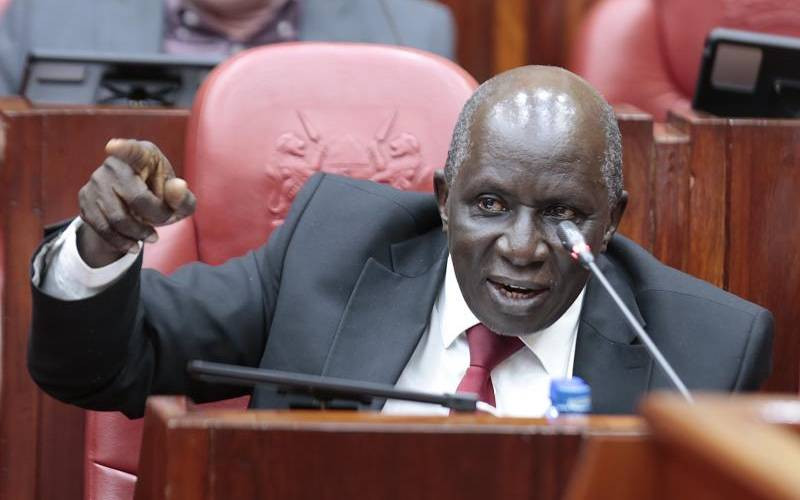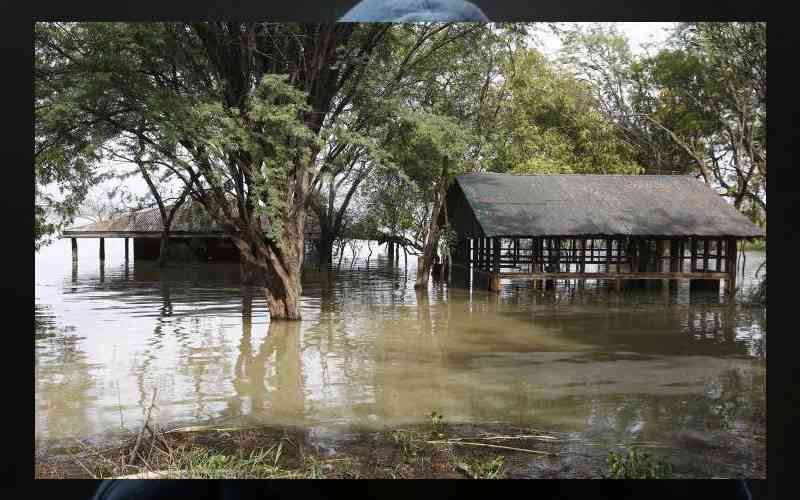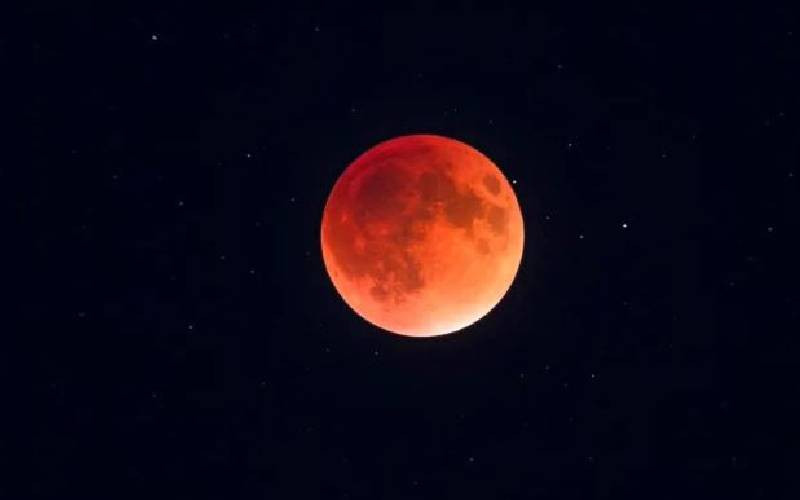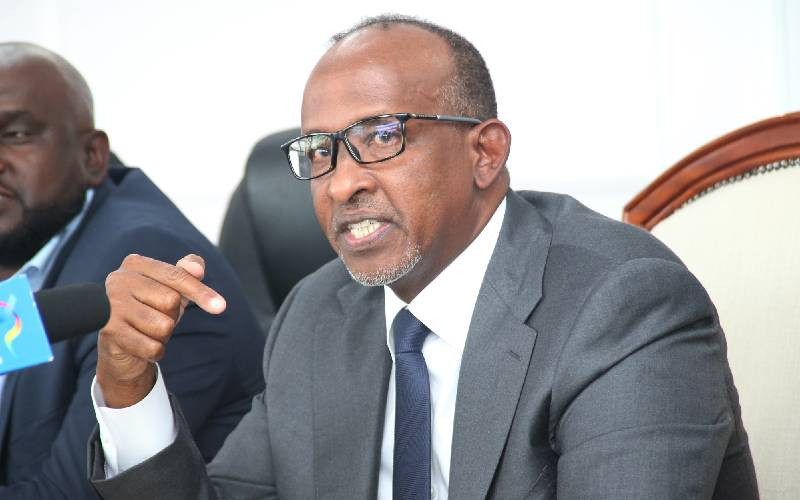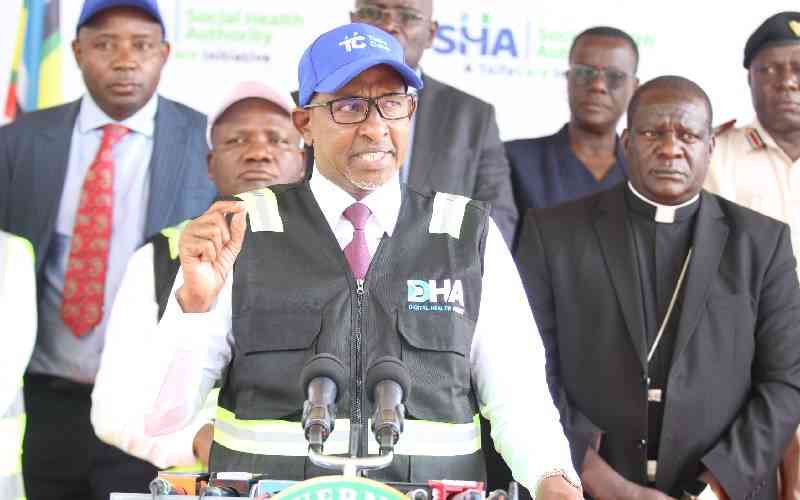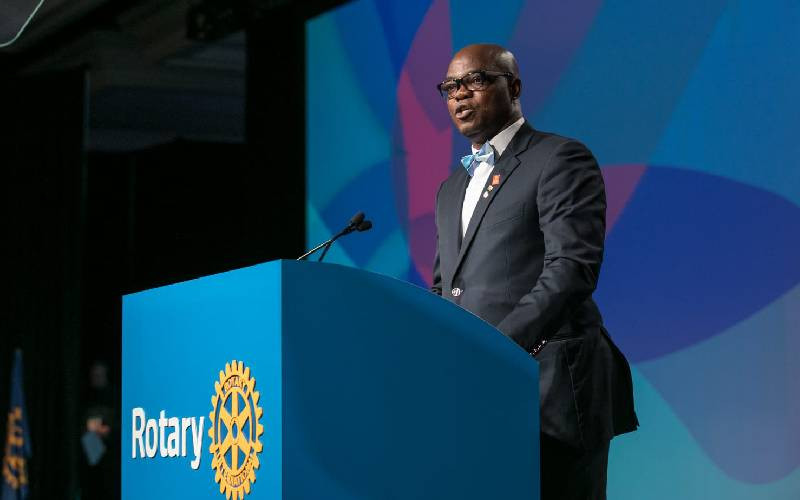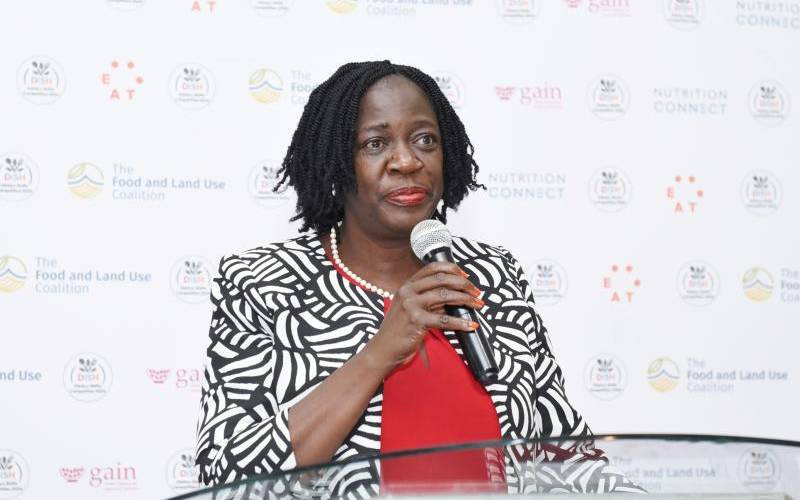
Africa’s role in global climate discussions has gained momentum following recent talks between the African Union and Russia.
These discussions marked the beginning of a new phase in collaboration aimed at advancing fair climate policies and ensuring Africa’s interests are better represented on the global stage.
Ali Mohamed, Chair of the African Group of Negotiators on Climate Change and Special Climate Envoy for the President of Kenya, recently led high-level talks in Moscow.
During the visit, he met with key Russian officials, including Ruslan Edelgeriyev, Russia’s Presidential Representative on Climate Issues, and Alexander Novak, the Deputy Prime Minister of Russia.
The talks focused on closing the gap between Africa’s climate priorities and global climate action efforts.
A key topic was the historical responsibility of Western nations for climate change. Africa, which contributes just three per cent of global emissions, is being pressured to make ambitious climate commitments.
Mohamed noted that many current global policies favour industrialised nations while unfairly limiting Africa’s ability to develop using its natural resources.
- Uncertainty hits farms as climate shifts, weather patterns evolve
- Vihiga County passes new law empowering communities to lead climate action
- Youths in Kisumu gain tree nursery management skills
- State to allocate 5pc of disaster budget to early warning systems
Keep Reading
“It is important to note that Africa’s contribution to greenhouse gas emissions is minimal. Yet, we face growing pressure to set ambitious targets while being denied the right to use our resources fairly.
“A truly equitable approach must allow development opportunities for all,” he said.
Another important issue discussed was the impact of climate-related trade policies, particularly the European Union’s Carbon Border Adjustment Mechanism (CBAM).
The CBAM, which imposes additional costs on carbon-heavy imports, is seen by many African leaders as an economic barrier to developing nations.
“This policy unfairly burdens African exporters while allowing high-emission countries to maintain their advantage,” said Mohamed.
Russia, which has also criticized the CBAM, expressed support for Africa in opposing these trade restrictions.
 The Standard Group Plc is a multi-media organization with investments in media
platforms spanning newspaper print
operations, television, radio broadcasting, digital and online services. The
Standard Group is recognized as a
leading multi-media house in Kenya with a key influence in matters of national
and international interest.
The Standard Group Plc is a multi-media organization with investments in media
platforms spanning newspaper print
operations, television, radio broadcasting, digital and online services. The
Standard Group is recognized as a
leading multi-media house in Kenya with a key influence in matters of national
and international interest.


